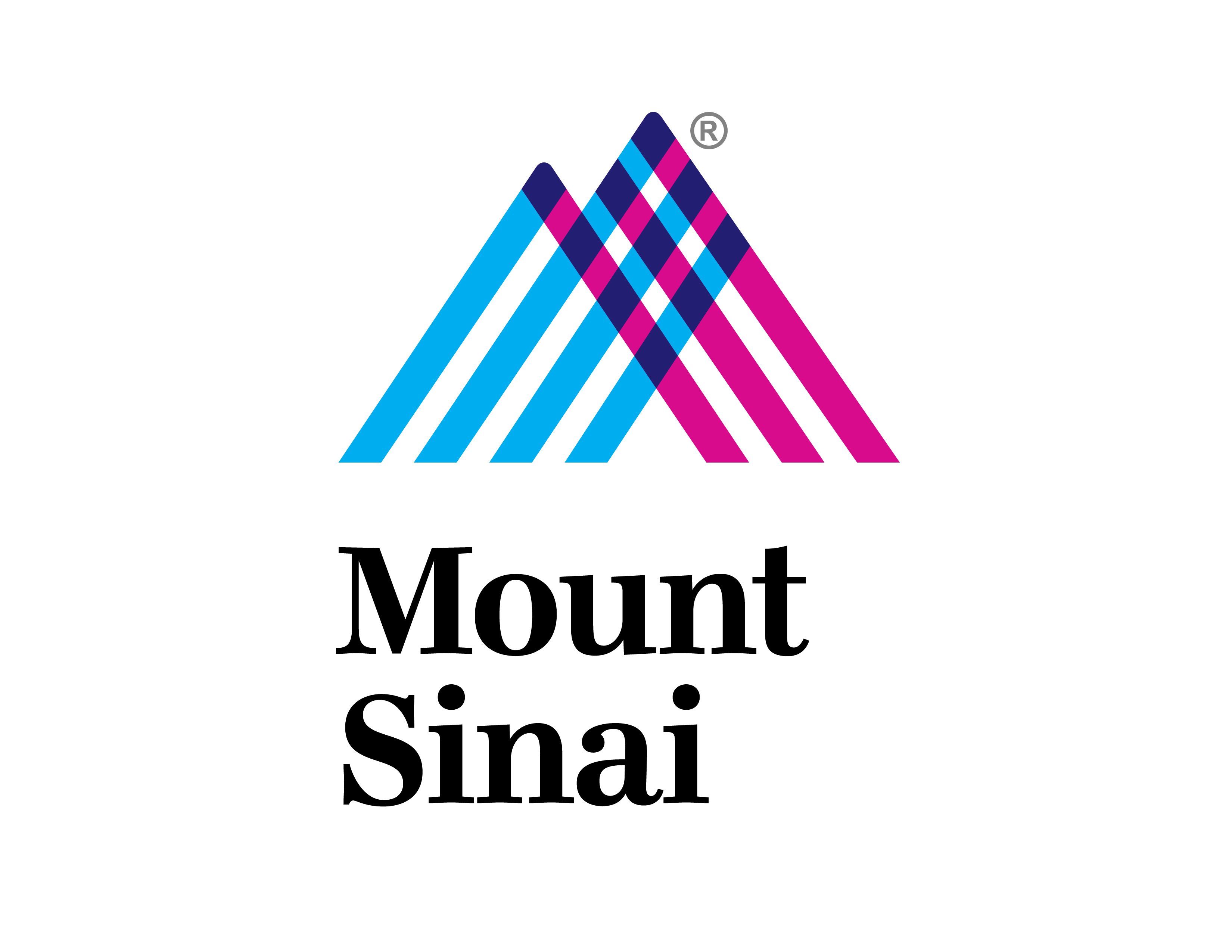
Combination therapy shows promise as bladder-sparing option in MIBC

"If additional research confirms our findings, this may lead to a new paradigm in the treatment of muscle-invasive bladder cancer," says Matthew Galsky, MD.
Combination therapy with gemcitabine (Gemzar) and cisplatin (Platinol) plus nivolumab (Opdivo) showed promising efficacy in patients with muscle-invasive bladder cancer (MIBC) who otherwise would have undergone surgery, according to findings from a phase 2 clinical trial (NCT03558087) published in Nature Medicine.1
“Treatment for muscle-invasive bladder cancer is in need of major improvements from both a quality-of-life and an effectiveness standpoint. If additional research confirms our findings, this may lead to a new paradigm in the treatment of muscle-invasive bladder cancer,” said lead author Matthew Galsky, MD, in a news release on the findings.2 Galsky is the co-director of the center of excellence for bladder cancer at The Tisch Cancer Institute at Mount Sinai Health System in New York, New York.
In total, the study enrolled 75 patients with cT2–T4aN0M0 MIBC. Each patient underwent 4 cycles of gemcitabine 1000 mg m-2 and cisplatin 70 mg m-2 plus nivolumab 360 mg and was restaged. Participants who achieved a clinical complete response (cCR) could forego immediate cystectomy, whereas those who did not were recommended for surgery.
The co-primary end points were cCR rate (defined as cT0 or cTa disease) and the positive predictive value of cCR for either 2-year metastasis-free survival in patients who could forego surgery or <ypT1N0 in patients who underwent immediate surgery. Secondary end points included metastasis-free survival (MFS) and overall survival (OS).
Among the 75 patients enrolled in the study, 33 patients (43%) achieved a cCR (95% CI, 32%-55%; median follow-up = 30 months), and 32 elected to forego immediate cystectomy. Of those who proceeded without surgery, about 70% showed no evidence of recurrence at 2-year follow-up. Among the 39 patients who did not achieve a cCR, 34 chose to undergo cystectomy.
The positive predictive value of cCR was 0.97 (95% CI, 0.91-1). The positive predictive value of cCR was not improved by somatic alterations in pre-specified genes (ATM, RB1, FANCC,and ERCC2) detected in transurethral resection of bladder tumor (TURBT) tissue or increased tumor mutational burden (using an established cut point of at least 10 mutations per megabase [mut/Mb]).
Secondary end points of median MFS and OS had not been met at the time of data cutoff.
Grade 3 or higher adverse events (AEs) were reported in 75% of patients. The most commonly reported all-grade treatment-emergent AEs (TEAEs) were fatigue, anemia, neutropenia, and nausea. The most common grade 3 or higher TEAEs were anemia, neutropenia, and urinary tract infections.
The authors wrote,1 “Our study demonstrates that stringently defined cCR is associated with favorable survival outcomes and that prolonged bladder-intact survival is achievable in a large subset of patients with MIBC and a cCR to TURBT and gemcitabine, cisplatin, plus nivolumab.”
Based on these findings, 2 follow-up studies were launched to further explore drug therapies in MIBC. One trial exploring neoadjuvant pembrolizumab in patients with MIBC is currently underway (NCT05406713), and the other study is set to open in the next 6 months.
References
1. Galsky MD, Daneshmand S, Izadmehr S, et al. Gemcitabine and cisplatin plus nivolumab as organ-sparing treatment for muscle-invasive bladder cancer: a phase 2 trial. Nat Med. doi:10.1038/s41591-023-02568-1
2. Advanced bladder cancer patients could keep their bladder under new treatment regime, clinical trial shows. News release. Mount Sinai Health System. September 29, 2023. Accessed October 4, 2023. https://www.newswise.com/articles/advanced-bladder-cancer-patients-could-keep-their-bladder-under-new-treatment-regime-clinical-trial-shows
Newsletter
Stay current with the latest urology news and practice-changing insights — sign up now for the essential updates every urologist needs.






